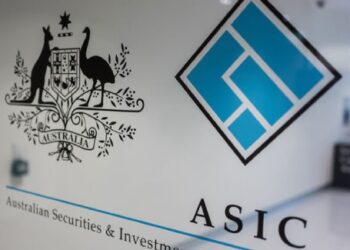Industry superannuation funds have backed the deduction of one-off advice fees from superannuation balances at the same time as arguing for an extension of the ability to provide advice around household retirement adequacy and pension eligibility.
The Australian Institute of Superannuation Trustees (AIST) submission to the Australian Securities and Investments Commission’s (ASIC’s) advice affordability review has also urged the implementation of a private ruling service on the status of new advice offers.
The AIST submission aligns closely with that provided to ASIC by Industry Super Australia and argues for the removal of obstacles to the use of alternatives to comprehensive personal advice, including factual information, general advice and intra-fund advice.
The submission said that recent court decisions had further muddied the waters with respect to general versus personal advice and that ASIC needs to update its guidance about the boundaries between the provision of factual information and general advice.
On the question of general advice, the AIST submission has urged the implementation of a private ruling service on the status of new advice offers to enable advisers to consult and seek certainty during the design of new advice offers.
The AIST submission also urges an extension of intra-fund advice to pre-retirement advice with the new arrangement capable of being paid for via existing intra-fund advice models.




